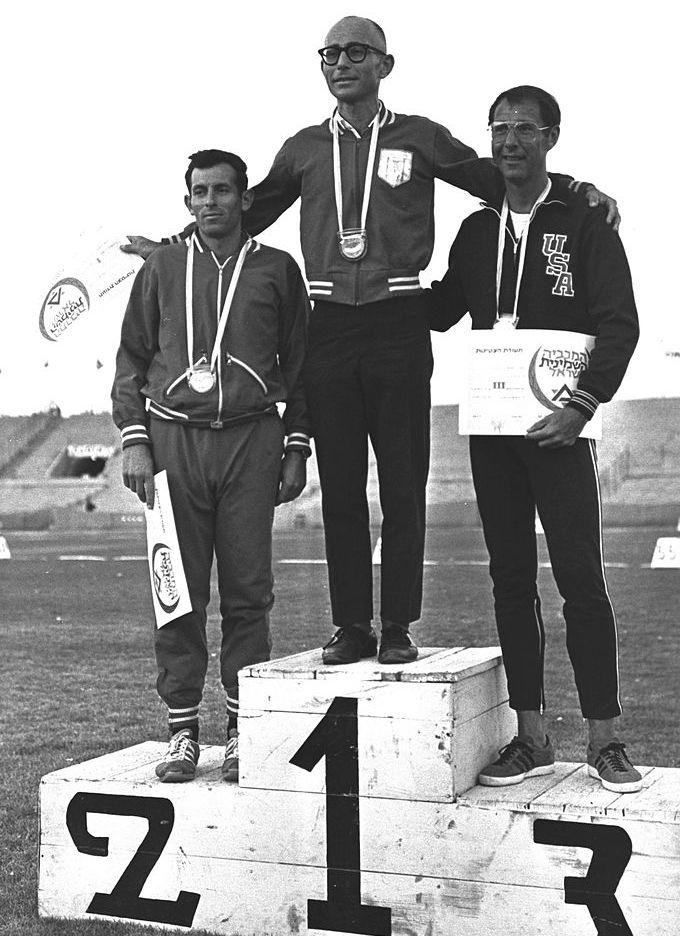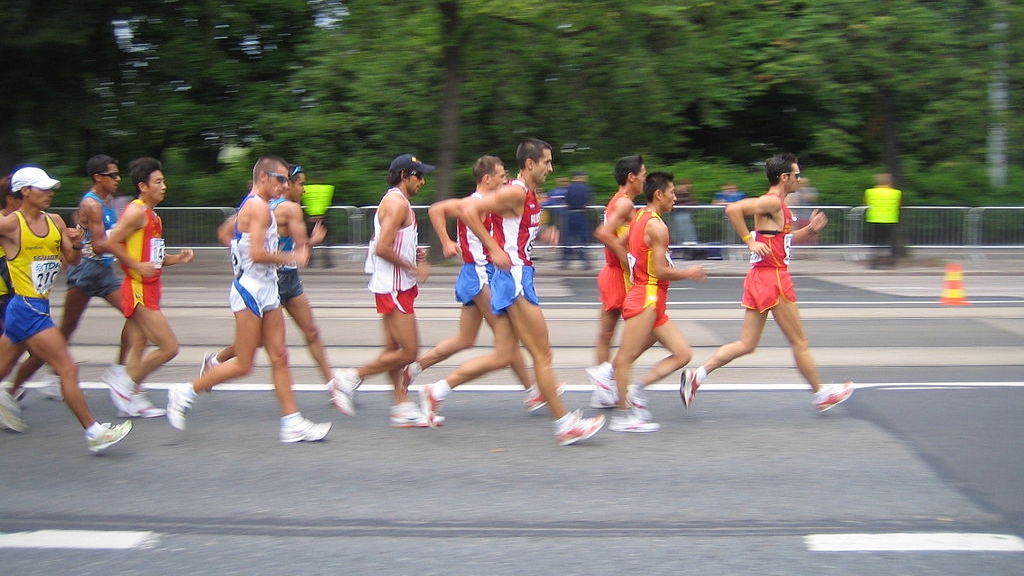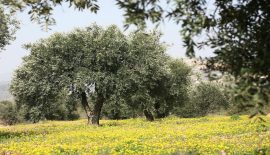Unstoppable
“Winners never quit and quitters never win,” is the motto that Shaul Ladany lives by. Gritty and determined, the 84-year-old well-loved and esteemed professor of the Negev’s Ben Gurion University set out last month to prove this point by experiment – (in which he was both the scientist and the guinea pig) that even if you are an octogenerian you can still run a half marathon!
““Winners never quit and quitters never win,” is the motto of Shaul Ladany”
Shaul’s track record is hard to beat, and looking at the agile and joyous pensioner as he crossed the finishing line, it is hard to believe that he was trained in the grimmest of circumstances.
In 1941, when Germany attacked the former Yugoslavia, Shaul and his family fled to Hungary. Terrified, they hid in a monastery until one day, the Nazis caught up with them, dragged them out and sent them to the notorious concentration camp, Bergen-Belsen. Shaul was only eight years old.
Although much of his extended family were murdered, Shaul and his immediate family managed to survive and a few months after Israel’s 1948 War of Independence, they all immigrated to the new-born Jewish state.
“Shaul believed that in order to heal, he needed to push himself to the extreme”
Life at Buchenwald had taken a toll. Like all survivors, it also took a few years for him to build up his strength. But Shaul Landy believed, if he was ever going to get strong, then taking time off to rest and nurse his physical and physiological wounds was not going to help. For Shaul believed that in order to heal, he needed to push himself to the extreme; and that is exactly what he did.
While still traumatised, he took up running. It wasn’t long before he soon switched to racewalking. By the time he was twenty-five he had won all 28 Israeli national titles and also followed up these achievements by grabbing gold in international competitions. And all of it he did without a trainer.

The winners of the 10,000 m walk on the podium, during the 8th Maccabia Games held at the Ramat Gan Stadium in August 1969 – Shaul Ladany center | Photo: GPO by Fritz Cohen
Shaul, didn’t need a trainer. Buchenwald was his training ground. It was at Buchenwald that he had learned resilience by taking punishment and living with pain. It was this terrible suffering which would help him cope with the physical limits of great discomfort when out on the track.
His dedication took him to the 1972 Olympic Games in Munich, where he was the only Israeli track and field athlete to take part. That time in Germany, he wore his Star of David, with pride – and not as a Nazi badge of shame.
Days after the ceremony, Shaul found himself in the middle of the infamous Palestinian massacre of Israeli athletes. With wit and cunning and courage, he and his room mate managed to escape under the eyes of the terrorists and alert the German police.
The media were sure that Shaul had been killed. Chillingly, the press reports claimed “Ladany Could Not Escape his Fate in Germany for a Second Time.” When he and the survivors eventually landed back in Israel, people could hardly believe their eyes. They thought they were looking at a ghost. It was only when some of his friends raced up to him and hugged him, that the emotional impact hit home, because just like in Buchenwald, in Munich Shaul had also managed to temporary push his trauma to the background which had enabled him to survive.
Unsurprisingly Shaul Ladany is a living legend in Israel. And for anyone to be awarded the status of legend, whether living or dead, is one of the rarest compliments Israelis will ever give. And arguably, no one deserves it as much as Shaul.





